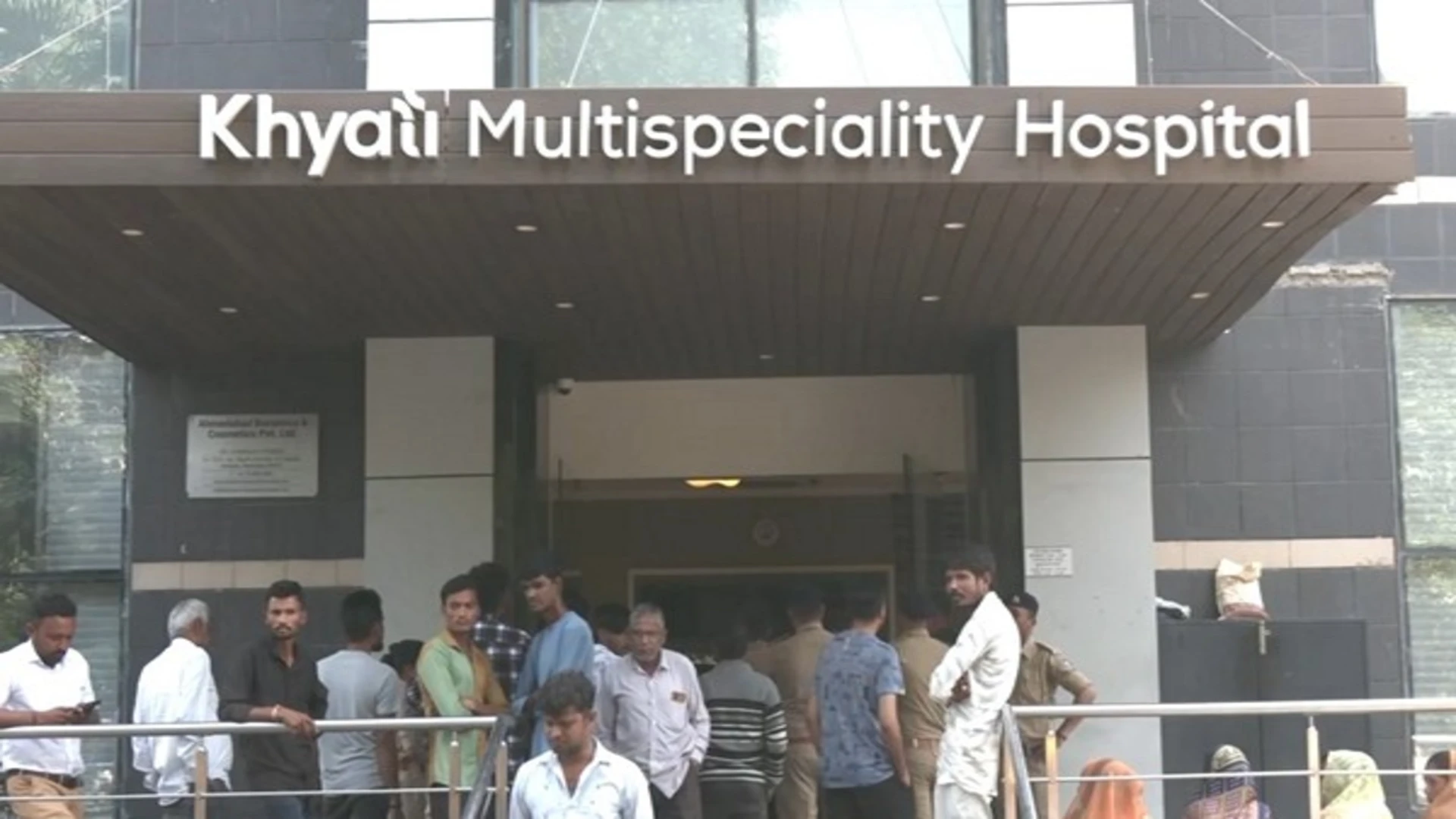
A South Carolina court has awarded Ansel Postell, a graduate student at Benedict College, nearly $700,000 after a ruling against his former landlord for unlawfully emptying his apartment without notice, despite the rent being fully paid.
In a shocking turn of events, Postell received an email on July 11, 2022, from The Rowan, his former apartment complex, informing him of a scheduled move-out date in just 14 days. Alarmed, he forwarded this message to his mother, who promptly contacted the management to inform them of Postell’s intention to renew his lease.
On July 18, 2022, Postell’s mother paid $3,810 (approximately Rs 3.20 lakh) via cheque for six months of rent to renew the lease. The cheque cleared shortly after; however, when Postell returned to Columbia on August 5, he discovered that all of his personal belongings had been removed from his apartment.
Concerned about the situation, Postell immediately contacted his mother. She reached out to The Rowan, where a representative reportedly admitted that Postell’s belongings had been “improperly removed” and not stored correctly, leading to their destruction. Despite promises of compensation from The Rowan, the family received no further communication, prompting them to seek legal counsel on August 23, 2022.
The lawsuit highlighted the emotional distress caused by the incident, which impacted Postell’s academic performance and put several scholarships at risk.
After a four-day trial, the jury ruled in favor of Postell, awarding him a total of $692,500, which includes $230,000 in damages and $462,500 in punitive damages. Expressing gratitude for the court’s decision, Postell stated, “I’m glad I was given the opportunity for this to be taken up in court, and the jury was able to make a decision based on the evidence we provided.”
Under South Carolina law, the real estate firm Campus Advantage is also required to pay two years’ interest at 8% on the awarded amount, further amplifying the repercussions of their actions.
This case serves as a reminder of the importance of tenant rights and proper procedures for landlords. As the legal battle concludes, Postell’s experience sheds light on the potential consequences of neglecting these responsibilities in the realm of student housing.















